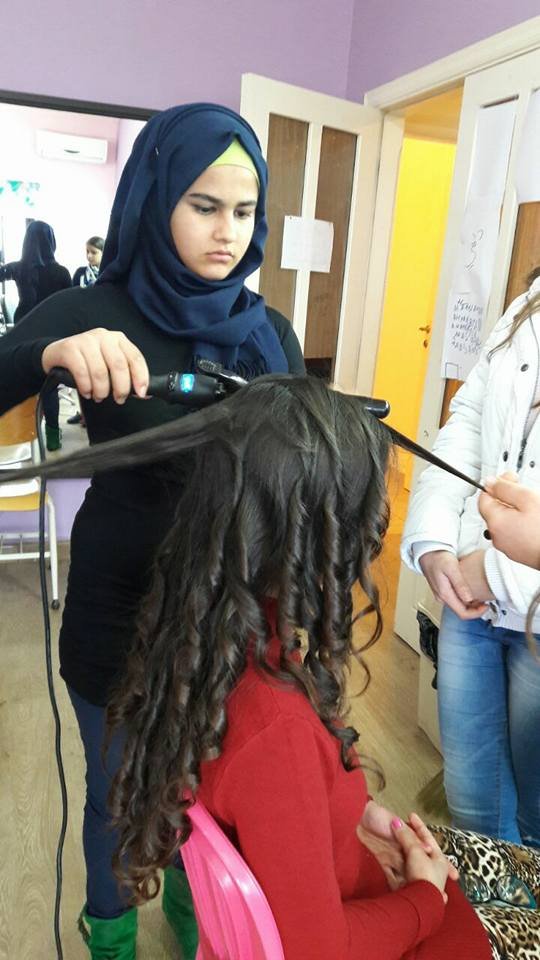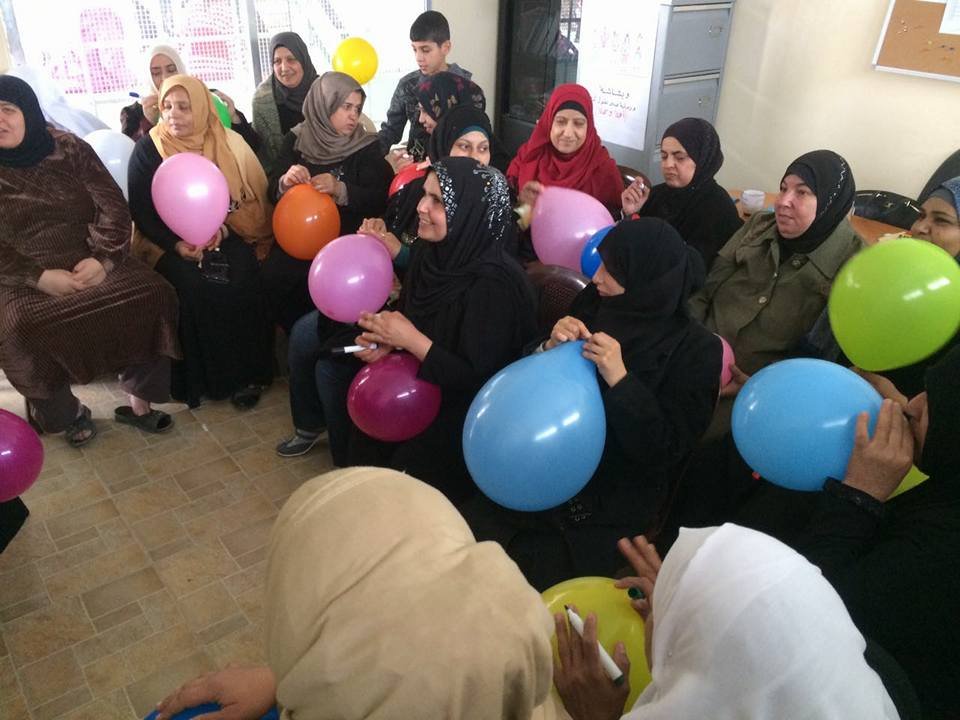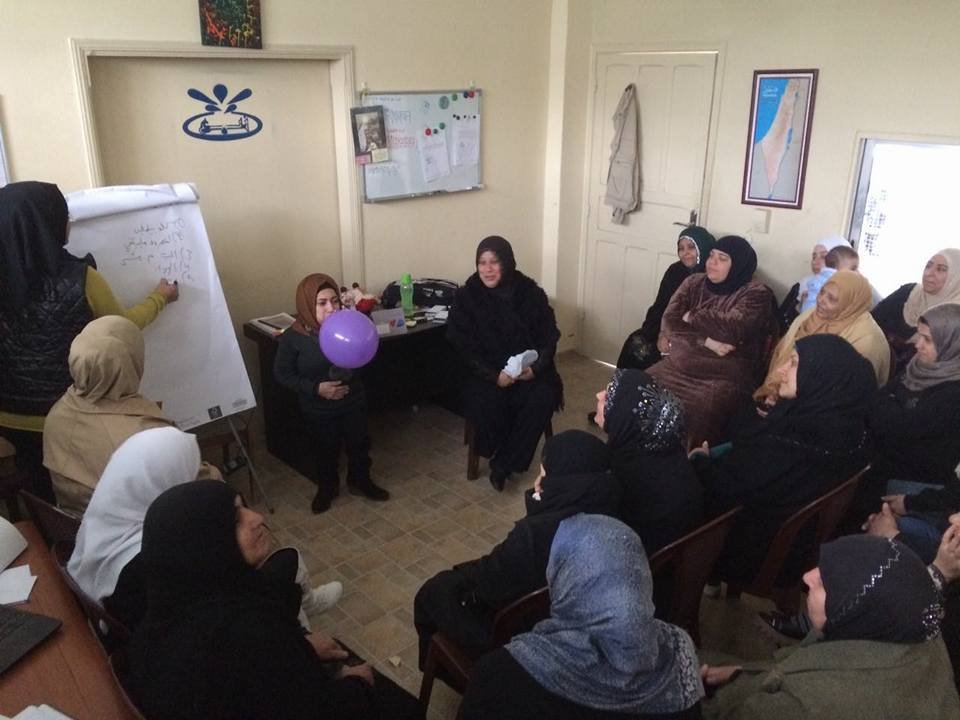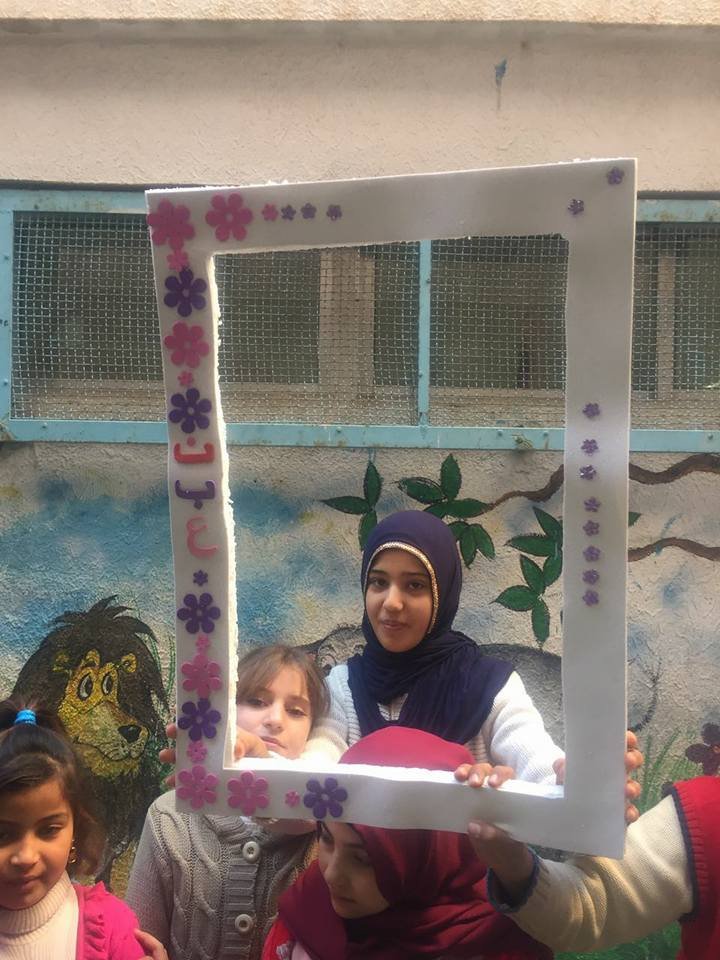By Hiba Hamzi | Program Coordinator
- Background during and after the implementation of the project; During November 2016, Naba’a conducted a participatory rapid assessment targeted 100 individuals consisting of (youth, adolescents, parents and local community members). It is shown that, all Syrian Refugees from Syria mentioned that they are unable to afford medical care. Most Syrian Refugees from Syria families have one chronically ill person that they cannot buy medicine for, they cannot borrow money, and if they are able to afford medicine they try to sell to make a profit. Regarding the situation of the youth and the risks facing the displaced and marginalized communities, particularly (Youth, adolescent/females and males and women) is highlighted as the followings;
1- 38% mention that they have no chance for good educations
2- 62% Of the target group said that their chances in sport is bad
3- 60% mentioned that the early marriage has bad effect on the girls and boys
4- 56% mentioned that violence is very important topic.
5- Great number of the youth particularly in the age of 15-20, doesn’t know correct information about reproductive health
6- The targeted youth and adolescent mentioned that, in the areas where they are living, the local community lack the awareness on how to protect them from disease, self- hygiene, are not aware to visit social health clinics; they are suffering from violence and abuse.
The youth particularly the girls mentioned that, the community and their parents are busy in providing the basic needs and ignoring the other issues such as (Self hygiene, protecting themselves from STDs, protecting adolescent girls and women from abuse, etc…) as you can find a number of families sharing the same house, in addition to the protection of their young and adolescent girls from abuse and harassment, as women and girls in such difficult situation are experiencing specific protection problems as a result of their gender.
Naba’a Achievements; Through our community development program, Naba’a is seeking to support the most adolescent girls and women through different psychosocial support, education and protection programs, the most marginalized and at risk of abuse children need the support of their families, communities and local government agencies to realize their rights. The most highlighted achievements were the followings;
- Monthly awareness sessions about (how to protect girls and women from abuse, communication skills, reproductive health, etc…) The number of participants were 350 women and girls.
- Empowering 25 young and adolescent girls through enrolling them in a vocational training and life skills program
- Establishing peer to peer group, consisting of 20 girls. The young and adolescent girls were trained on how to raise awareness their peers about the risks facing them in their community and how to protect themselves from abuse.
CASE STUDY
Age: 22
Nationality: PRS
Status: married
About the wife:
The wife lives with her family consisting of husband and two children in a rent house, she suffered many problems in her life since she was in adolescence, she suffered from sexual abuse from her uncle who asked her to keep silent in order to preserve the dignity of the family.
She get married when she was 17 years old, her husband does not have identification papers he escape to Lebanon because of the war in Syria.
The second problem is that her second child was born in the camp and was not able to register him so they feel ashamed that their children have no identity papers .beside of this she suffered from violence from his husband and she keep silent because in their traditions the husband has the right to do anything to his wife .
The wife know someone who helped her in home in the absence of her husband, which started to a romantic relationship and then turned into a sexual relationship, and after a while her mother know about this relation, so she asked the husband to move to another place .the wife felt lonely and boring, she hated her family and crying all the time which making her try to suicide several times. After she get treated in the hospital, she get back to home to continue her life with her family even she get bored she had emotional deprivation from her husband and family side, let her seek for another person to saturate her needs. She is now living in Loss and the conflict between conscience (her mind) and heart (her desire), because she can't live without her children conversely she don't want to live with her husband.
Economic situation: Very bad
Health situation
Has no history of illness
Social situation:
The relation between the wife and husband: very bad she hates him and didn’t want to live with him. The relation between wife and her family: her relation with her mother very good ,she told her everything about her feeling ,and regarding to her father the relation is very bad .
The relation between her and her children: she loves them but because of them she can't leave her husband .
The problem: depression
Interventions:
Psychological support /listening/ counseling session/home visit
Follow up twice weekly /share her in parents deal/share her in awareness session
By Hiba Hamzi | Program Coordinator
By Hiba Hamzi | Program Coordinator
Project reports on GlobalGiving are posted directly to globalgiving.org by Project Leaders as they are completed, generally every 3-4 months. To protect the integrity of these documents, GlobalGiving does not alter them; therefore you may find some language or formatting issues.
If you donate to this project or have donated to this project, you can receive an email when this project posts a report. You can also subscribe for reports without donating.
Support this important cause by creating a personalized fundraising page.
Start a Fundraiser


